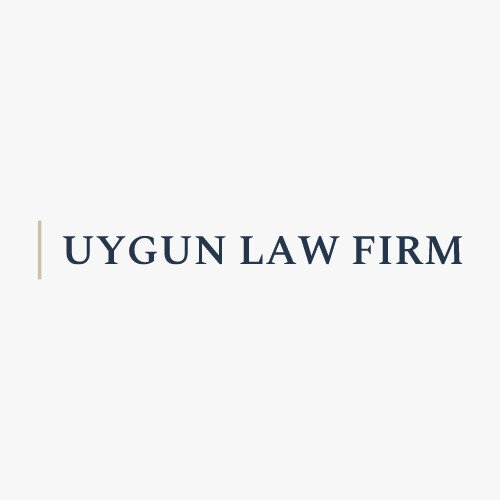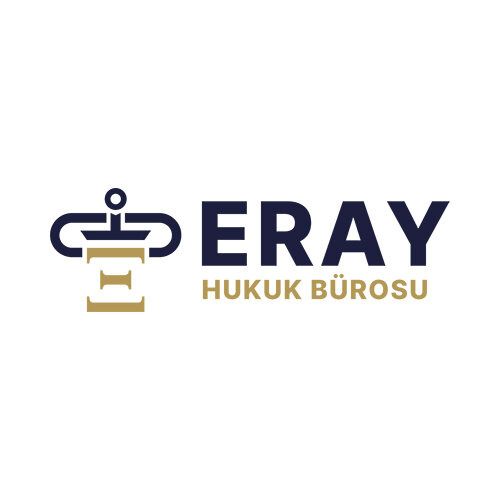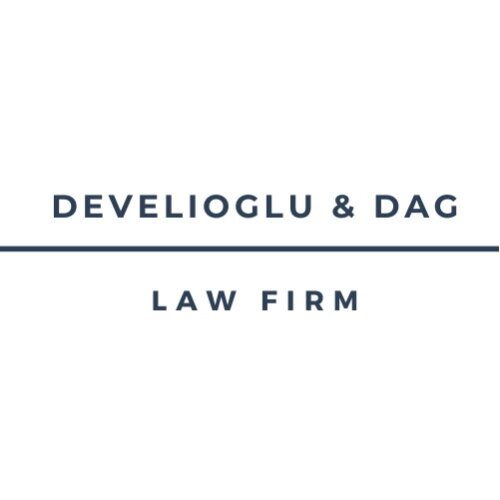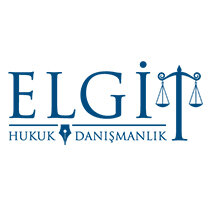Best Data Center & Digital Infrastructure Lawyers in Istanbul
Share your needs with us, get contacted by law firms.
Free. Takes 2 min.
List of the best lawyers in Istanbul, Turkey
About Data Center & Digital Infrastructure Law in Istanbul, Turkey
Data centers and digital infrastructure form the backbone of modern information technology services, making them an essential asset for businesses and public institutions in Istanbul, Turkey. The increasing adoption of cloud technologies, big data, and remote working tools has made the legal landscape surrounding data centers particularly significant. Data center law encompasses issues such as construction, leasing, operations, cybersecurity, data privacy, and regulatory compliance. In Istanbul, being Turkey’s commercial and technological hub, the growth of data-centric business has necessitated an evolving set of legal frameworks to address this sector’s dynamic challenges.
Why You May Need a Lawyer
Engaging with the data center and digital infrastructure industry often involves navigating complex legal and regulatory requirements. Common situations where individuals or businesses may require legal assistance include:
- Negotiating and drafting data center service contracts or leases
- Addressing compliance with Turkish data protection and privacy laws (such as KVKK)
- Handling cross-border data transfers and international cloud services
- Structuring joint ventures or collaborations for digital infrastructure projects
- Resolving disputes related to outages, security breaches, or service level agreements
- Ensuring compliance with cybersecurity standards and sector-specific regulations
- Advising on intellectual property rights, including software and hardware ownership
- Assisting with licenses and permits required for building and operating data centers
- Managing real estate and construction law issues for facility development
- Consulting on potential liabilities and insurance requirements
Local Laws Overview
Several key legal frameworks and regulations govern data centers and digital infrastructure in Istanbul, Turkey:
- Personal Data Protection Law (KVKK) - Turkey’s comprehensive data protection law regulates the collection, storage, processing, and transfer of personal data. Compliance with KVKK is crucial for any data center handling personal or customer information.
- Electronic Communications Law - Data centers offering certain services might be subject to regulation under this law, especially those involving telecommunication or internet services.
- Regulations on Cybersecurity - Data center operators must implement information security policies and technical safeguards in line with national cyber resilience standards.
- Building and Zoning Codes - Construction or modification of data center facilities must comply with Istanbul’s local building regulations, safety codes, and zoning laws.
- Sectoral Regulations - Financial, healthcare, and critical infrastructure providers may have additional obligations for data localization and greater scrutiny of data center operations.
- Commercial and Contract Law - Service level agreements, liability terms, and confidentiality clauses require careful drafting and review under Turkish commercial law.
Frequently Asked Questions
What legal permissions are required to build or operate a data center in Istanbul?
The construction and operation of a data center require compliance with municipal building permits, environmental regulations, and often sector-specific licenses if you provide certain regulated services.
Does Turkish law require certain types of data to be stored locally within the country?
Yes, for some industries such as banking and telecommunications, sectoral regulators require data localization, meaning personal or critical data must be stored and processed in Turkey.
What are the main data protection laws affecting data centers in Istanbul?
The Law on the Protection of Personal Data (KVKK) is the primary legislation, accompanied by various sector-specific rules that can also impact data center operations.
Are international data transfers permitted?
Turkish laws restrict international data transfers of personal data unless certain legal requirements are met, such as obtaining explicit consent or ensuring the receiving country has adequate data protection standards.
Who is responsible for data breaches in a data center?
Liability is determined by contract terms and the role of each party; both data controllers (clients) and data processors (data center operators) can be held responsible under Turkish law.
What should I include in a contract with a data center provider?
Key terms should cover data security measures, uptime guarantees, scope of services, remedies for breaches, confidentiality, liability, dispute resolution, and compliance with local regulations.
Are there specific cybersecurity requirements for data centers in Turkey?
Yes, Turkish law and regulatory guidelines require data centers to implement robust information security policies, technical and administrative safeguards, and to report certain incidents to authorities.
Can foreign companies operate data centers in Istanbul?
Foreign entities can operate data centers, but they must comply with Turkish legal and regulatory requirements, including company registration, local licensing, and data protection obligations.
What happens if my data center contract is breached?
Remedies are usually specified in the contract and may include financial compensation, termination rights, or other agreed measures. Turkish commercial law also provides general remedies for breach of contract.
How long must data be retained by data centers under Turkish law?
Retention obligations vary depending on sectoral regulations and the nature of the data. Some laws specify minimum retention periods for certain types of records or logs.
Additional Resources
When seeking further information or legal guidance regarding data centers and digital infrastructure in Istanbul, consider reaching out to the following:
- Personal Data Protection Authority (KVKK) - Main regulatory body for data privacy and protection
- Information and Communication Technologies Authority (BTK) - Regulator for electronic communications and telecommunications
- Istanbul Chamber of Commerce - For legal, licensing, and business operations guidance
- Union of Chambers and Commodity Exchanges of Turkey (TOBB) - Resource for infrastructure and technology companies
- Certified legal specialists in technology, telecommunications, or real estate law
Next Steps
If you require legal assistance with data center and digital infrastructure issues in Istanbul:
- Consult with a lawyer experienced in technology, IT, or data protection law in Turkey
- Prepare relevant documents such as contracts, permits, or any previous communications
- Identify the specific issue or compliance requirement you need help with
- Reach out to sectoral regulators if your matter involves regulated industries
- Stay informed about changes in local and national data center regulations
- Consider attending industry seminars or contacting business associations for the latest updates
Engaging with knowledgeable legal counsel will help ensure your business or project aligns with all necessary legal standards and best practices in Istanbul’s vibrant digital infrastructure market.
Lawzana helps you find the best lawyers and law firms in Istanbul through a curated and pre-screened list of qualified legal professionals. Our platform offers rankings and detailed profiles of attorneys and law firms, allowing you to compare based on practice areas, including Data Center & Digital Infrastructure, experience, and client feedback.
Each profile includes a description of the firm's areas of practice, client reviews, team members and partners, year of establishment, spoken languages, office locations, contact information, social media presence, and any published articles or resources. Most firms on our platform speak English and are experienced in both local and international legal matters.
Get a quote from top-rated law firms in Istanbul, Turkey — quickly, securely, and without unnecessary hassle.
Disclaimer:
The information provided on this page is for general informational purposes only and does not constitute legal advice. While we strive to ensure the accuracy and relevance of the content, legal information may change over time, and interpretations of the law can vary. You should always consult with a qualified legal professional for advice specific to your situation.
We disclaim all liability for actions taken or not taken based on the content of this page. If you believe any information is incorrect or outdated, please contact us, and we will review and update it where appropriate.

















